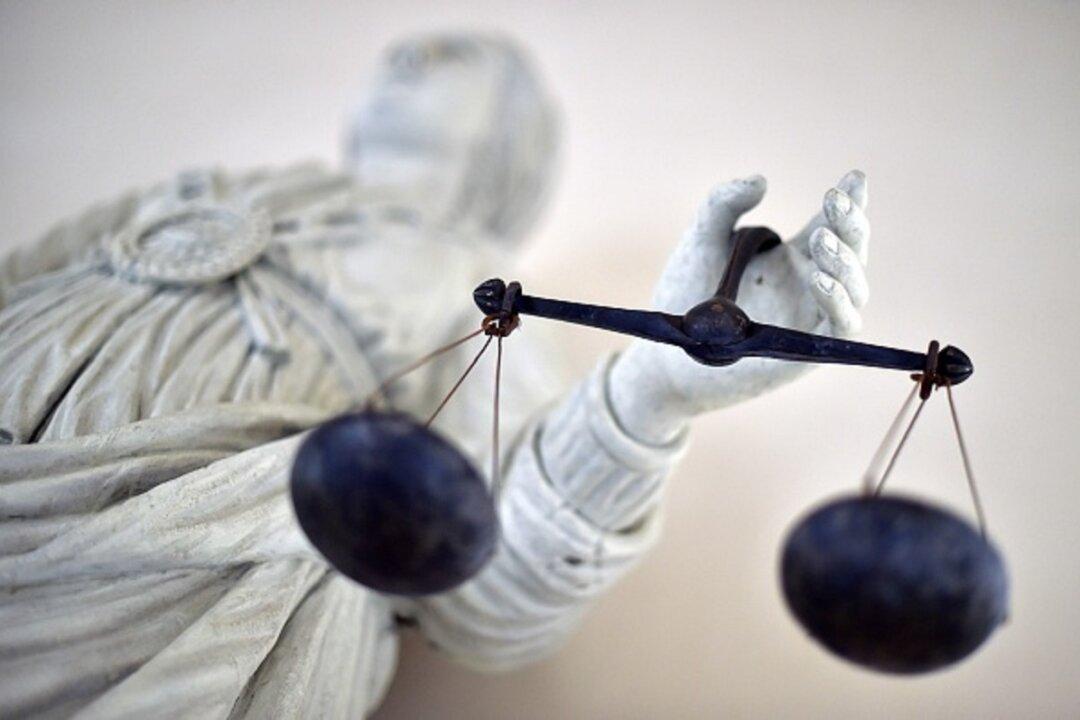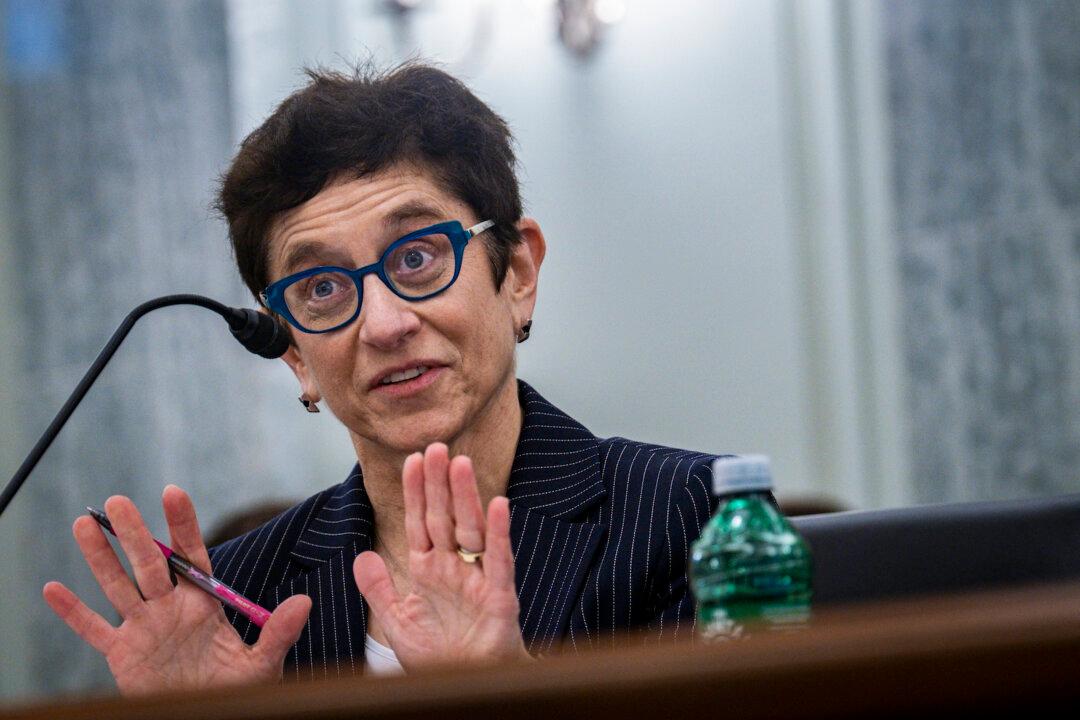A race in Wisconsin for a seat on the state’s Supreme Court will decide the court’s ideological balance and the fate of abortion access in the state.
The technically nonpartisan primary on Feb. 21 winnowed down a field of four contenders to two, a conservative-leaning judge and a liberal-leaning one, who will meet at the general election on April 4.




